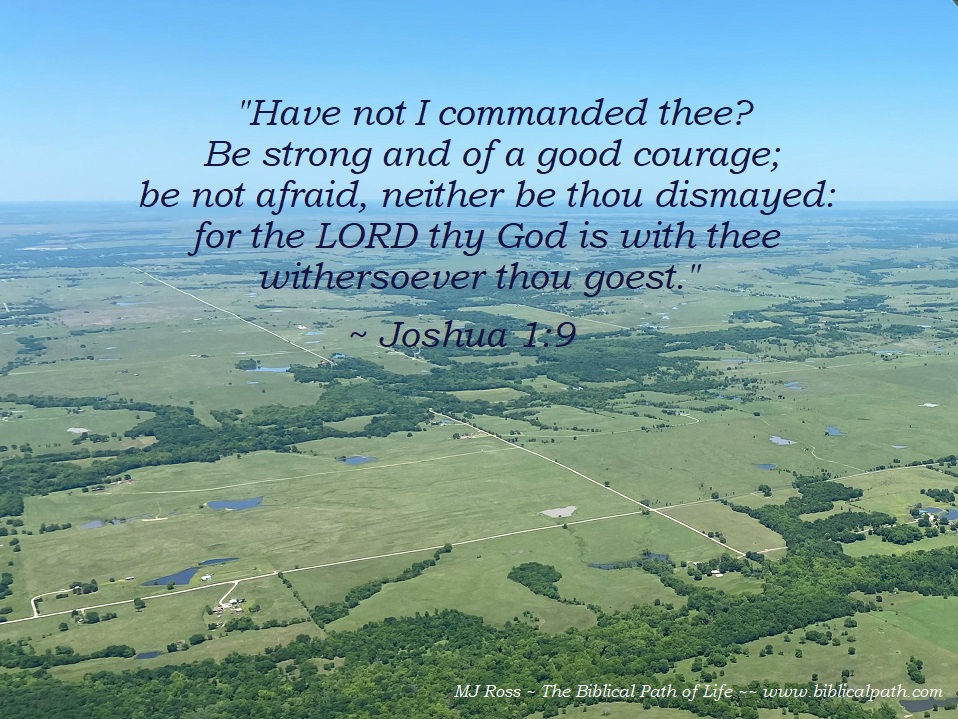
“Keep thy heart with all diligence; for out of it are the issues of life”
Proverbs 4:23
David was Israel’s greatest king, Remember that David understood that God saw man’s heart. He recorded: “23. Search me, O God, and know my heart: try me, and know my thoughts: 24. And see if there be any wicked way in me, and lead me in the way everlasting” (Psalm 139:23-24). We can read in the New Testament God’s declaration about King David: “… he raised up unto them David to be their king; to whom also he gave testimony, and said, I have found David the son of Jesse, a man after mine own heart, which shall fulfil all my will” (Acts 13:22). God knew David’s heart was seeking after God’s own heart.
In looking into the kingdoms of Israel and Judah (because the kingdom split), we find that “heart” is in more than ninety-one verses in 1 Kings – 2 Chronicles. Heart mean “the totality of man’s inner nature, the place where wisdom and understanding reside…” Often times we find they either did or did not prepare their heart. Prepare means “make ready; be steadfast and faithful; actual preparation for a future event, especially spiritual preparation.” (Prepare is only in 5 verses in 1 Kings – 2 Chronicles.) However, remember part of King David’s prayer just before Solomon became king: “O LORD God of Abraham, Isaac, and of Israel … prepare their heart unto thee” (1 Chronicles 29:18). Read some others:
- Rehoboam (a foolish king): “And he did evil, because he prepared not his heart to seek the LORD” (2 Chronicles 12:14).
- Jehoshaphat right before he made many reforms: “Nevertheless there are good things found in thee, … and hast prepared thine heart to seek God” (2 Chronicles 19:3).
- Right before King Jehoshaphat died: “… for as yet the people had not prepared their hearts unto the God of their fathers” (2 Chronicles 20:33).
- King Hezekiah’s prayer right before they observed the Passover: “18. … But Hezekiah prayed for them, saying, The good LORD pardon every one 19. That prepareth his heart to seek God, the LORD God of his fathers …” (2 Chronicles 30:18-19).
We also understand that some had (and some did not have) a perfect heart. Perfect means “complete, whole, perfect”. David encouraged Solomon to have a perfect heart: “And thou, Solomon my son, know thou the God of thy father, and serve him with a perfect heart and with a willing mind: for the LORD searcheth all hearts, and understandeth all the imaginations of the thoughts …” (1 Chronicles 28:9). However, Solomon did not have a perfect heart: “For it came to pass, when Solomon was old, that his wives turned away his heart after other gods: and his heart was not perfect with the LORD his God, as was the heart of David his father” (1 Kings 11:4). Keep in mind that there were only eight good kings out of nineteen (and one illegitimate queen) in Judah. Read about some of the following kings of Judah, as one looks at their hearts:
- Abijam (a bad king): not perfect heart: “… and his heart was not perfect with the LORD his God, as the heart of David his father” (1 Kings 15:3).
- Asa (a good king): perfect heart: “… nevertheless Asa’s heart was perfect with the LORD all his days” (1 Kings 15:14).
- King Amaziah: good king, but not with a perfect heart: “1. Amaziah … did that which was right in the sight of the LORD, but not with a perfect heart” (2 Chronicles 25:1-2).
- Uzziah (a good king) who was marvelously helped until he was strong (see 2 Chronicles 26:15): “But when he was strong, his heart was lifted up to his destruction…” (2 Chronicles 26:16).
- Hezekiah (a good king) as he prepared before Sennacherib’s invasion: “And in every work that he began … to seek his God, he did it with all his heart, and prospered” (2 Chronicles 31:21). However, right before God extended Hezekiah’s life: “24. In those days Hezekiah was sick to the death, and prayed unto the LORD: and he spake unto him, and he gave him a sign. 25. But Hezekiah rendered not again according to the benefit done unto him; for his heart was lifted up: therefore there was wrath upon him, and upon Judah and Jerusalem” (2 Chronicles 32:24-25).
- Josiah ( a good king): “Because thine heart was tender, and thou didst humble thyself before God, when thou heardest his words against this place, and against the inhabitants thereof, and humbledst thyself before me, and didst rend thy clothes, and weep before me; I have even heard thee also, saith the LORD” (2 Chronicles 34:27). Also see about Josiah: “And like unto him was there no king before him, that turned to the LORD with all his heart, and with all his soul, and with all his might, according to all the law of Moses; neither after him arose there any like him” (2 Kings 23:25). Josiah was the last good king in Judah.
- Zedekiah (a bad king): “12. And he did that which was evil in the sight of the LORD his God, and humbled not himself … but he stiffened his neck, and hardened his heart from turning unto the LORD God of Israel” (2 Chronicles 36:12-13). Zedekiah was the last king before Judah was carried into captivity.
With the exception of King Josiah, the kings seemed to become worse in their hearts toward God (and we only looked at eight of the kings of Judah). The condition of many king’s hearts are not even declared for us to know. We do know that God knows all hearts.”20. If we have forgotten the name of our God, or stretched out our hands to a strange god; 21. Shall not God search this out? for he knoweth the secrets of the heart” (Psalm 44:20-21).
Why is the heart so important to consider? The Bible is given for our instruction (see 2 Timothy 3:15-17). And the Bible is full of examples from which we are to learn (see 1 Corinthians 10:11-12). But above all, remember to apply the following verse: “Keep thy heart with all diligence; for out of it are the issues of life” (Proverbs 4:23). Keep means “to guard; protect; preserve”.
Do you understand the importance of guarding and protecting your heart with all diligence, preparing your heart to please God?
